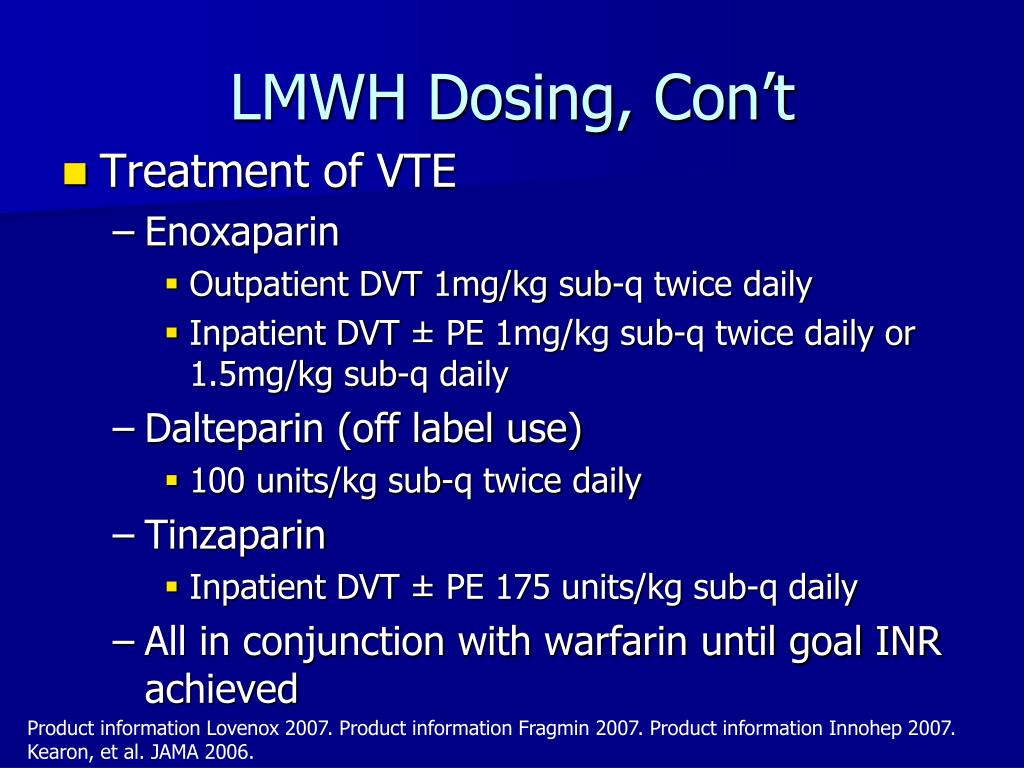

Summarize the target INR levels for warfarin therapy based on conditions that affect INR targets.Review the agents that can either increase or decrease the anticoagulant effect of warfarin.Identify the mechanism of action of warfarin.This activity outlines the indications, mechanism of action, interactions, significant adverse effects, contraindications, toxicity, and warfarin monitoring so providers can direct patient therapy where anticoagulation is indicated as part of the interprofessional team.

However, warfarin falls in the narrow therapeutic index drug category and is subject to numerous interactions. Additionally, warfarin is FDA approved as an adjunct to reduce the risk of myocardial infarction (MI) and other thromboembolic events in high-risk patients. It is also indicated to prevent thromboembolic complications associated with conditions such as atrial fibrillation, cardiac valve replacement, and inherited genetic factors like C and S protein deficiency or Factor V Leiden. Warfarin has FDA approval for the prophylaxis and treatment of venous thrombosis and its complications, such as a pulmonary embolus.


 0 kommentar(er)
0 kommentar(er)
